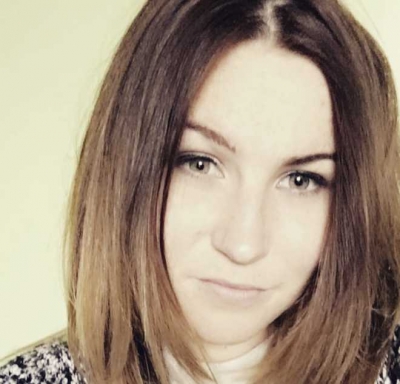I was invited to the Second Cross Government Accessibility Meetup as a guest speaker in the summer, so took time out to travel up to Leeds.
Another great opportunity to speak about the importance of accessibility for all on all Government websites.
I found it very refreshing that those attending were very positive about making a difference.
I think it is much harder for people who do not rely on specific accessibility features to completely understand and absolutely impossible to be completely up to speed with all disabilities and impairments.
I cannot speak for all, however, I can advocate for many living with my condition and for conditions with similar challenges.
Whilst Usher Syndrome / deafblindness might be considered a rare condition a lot of the challenges I experience now could well be challenges for everybody at some stage in life particularly with ageing.
I was born deaf so familiar with the challenges deaf people can encounter however I am now experiencing more challenges as somebody who began life fully sighted but is now registered blind.
I am oral, whilst some deaf use BSL - personal choice is very important and all should always be considered when thinking about accessibility.
I enjoyed hearing the presentations of others regarding accessibility as everybody interprets things very differently. It must be difficult to have a real understanding of the many accessibility needs which is why I enjoy hearing what others have to say and how they present things.
However, I was not impressed to hear ‘stereotyping’ used on numerous occasions, this is one of my pet hates and something we must step away from when considering all.
It is not helpful to assume all deaf people hear nothing at all, use BSL and rely on interpreters. In actual fact these people are in the minority especially when you consider many deaf people were not born deaf, they have become deafened or hard of hearing.
It is equally wrong to think blind means see nothing at all and the reliance on braille or voiceover. Again many blind people were born sighted and have lost their sight and might choose to use accessible text for as long as they live, equally they may find learning new ways of accessing information difficult, something they don't wish to do or perhaps they don’t benefit from accessing assistive technology. Assumptions are not acceptable.
I always find it fascinating seeing presentations from people in accessibility, most still use white background and a variation of colours, this certainly makes accessibility difficult for me. Colours and contrasts and text type make a huge to me and many.
I wouldn’t say I cannot see presentations black on white, if I am in a good position to see, however, the glare of the white background plays havoc with my eyes and whilst different colours may appear ‘nice’ to some they bleed into the glare and become impossible.
Faced with that scenario I close my eyes completely. I am fortunate to wear the very best in hearing aid technology (Linx2 by Resound GN) so within reason can hear, not everybody can.
Just think, if NHS England considered this providing the best in hearing aid technology would enable millions to access so much more and be a perfect 'Return of Investment".
Deafblind, hearing and sight impaired, hard of hearing and low vision, whatever you choose to call it can appear to be very complicated to accommodate, it is however doable if we think not so much black and white but the many shades of grey.
The people who need to contact Government Services are often those with disabilities, the system is complicated enough without having inaccessible websites, inaccessible systems and routes to information.
One of the biggest issues uncovered recently is the PIP assessment appointment, not digital - there is a request to call within a certain time to make/ change or confirm your appointment, whoever came up with that gem clearly hadn’t considered deaf people - what is worse is if that appointment isn't made benefits are withdrawn.
So yes, things are improving but there is work to do to meet all needs.
I am encouraged by the commitment of those working at GDS but for those of us needing to access these websites change cannot come soon enough.
Please take the time to look at this thoughtful blog written as a result of my visit:
http://charlesrt.co.uk/2016/09/solving-molly-watts-problems/



